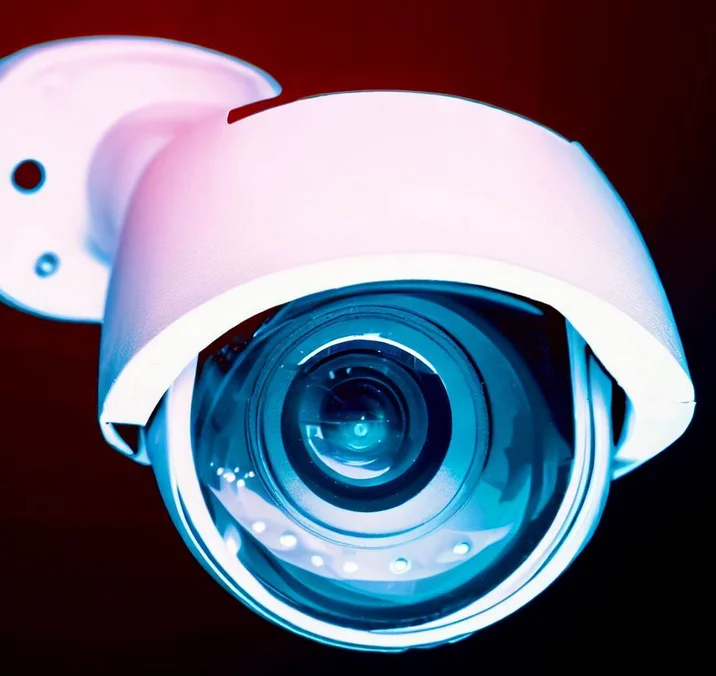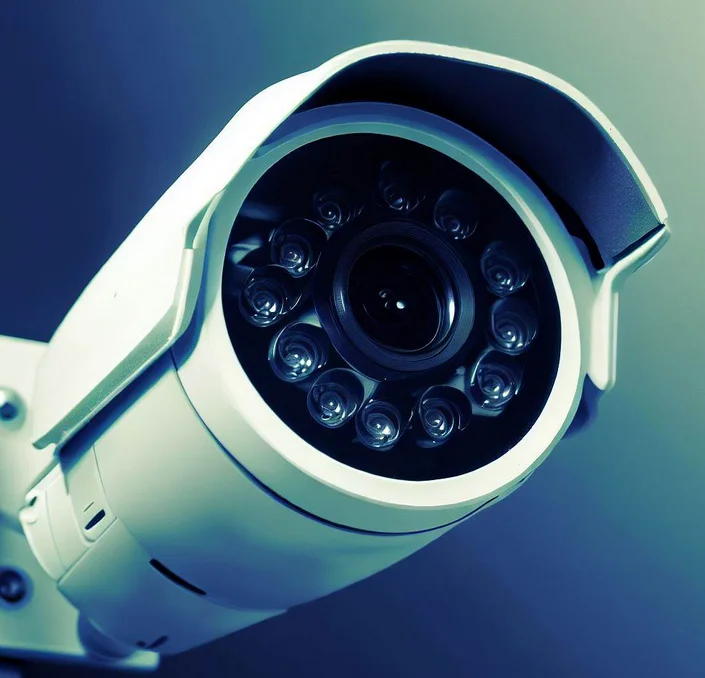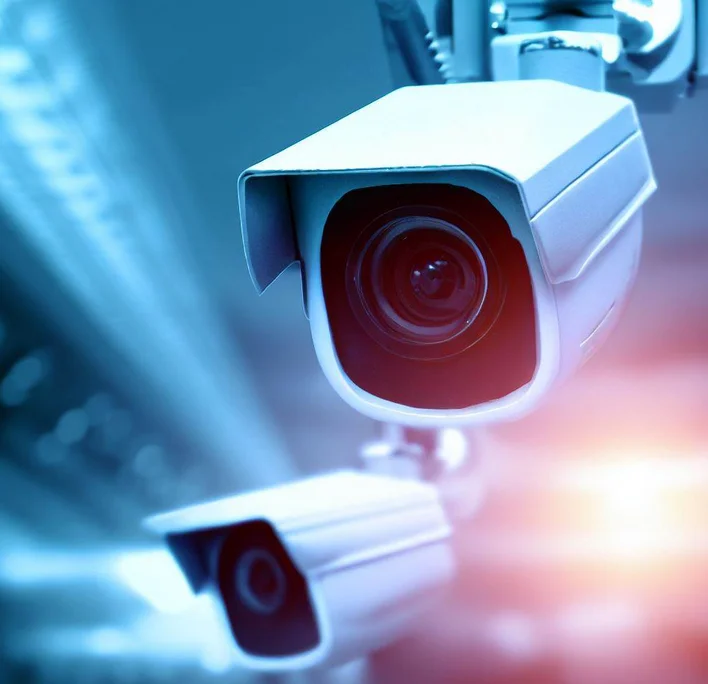Video surveillance is an essential part of security for homes and businesses. When considering a surveillance camera system, one of the most important factors is the video resolution. There are two main options – 4K ultra HD and HD CCTV 1080p resolution cameras. But which one is better suited for your specific needs?
In this comprehensive guide, we’ll compare 4K security cameras and high definition CCTV cameras across various factors like resolution, image quality, field of view, night vision capabilities, storage needs, costs, and ideal use cases. Read on to understand the key differences between these two popular surveillance camera resolutions and determine which technology fits your requirements and budget the best.
What is 4K Resolution?
4K refers to ultra high definition video resolution with dimensions of 3840 x 2160 pixels. This amounts to over 8 million pixels, making it a huge jump from the 2 million pixels of 1080p HD. The term 4K comes from the approximately 4000 pixels along the horizontal dimension.
4K cameras capture extremely fine details and provide incredibly sharp imagery even when zooming in on footage. The high resolution makes 4K perfect for surveillance over large spaces, as well as identifying small objects like faces or license plate numbers from a distance.
 4K resolution is the latest advancement in surveillance camera technology. It promises cutting-edge image quality for security and surveillance, just like it has done for consumer TVs and displays. Although still relatively new in security cameras, 4K Ultra HD is quickly gaining popularity and adoption.
4K resolution is the latest advancement in surveillance camera technology. It promises cutting-edge image quality for security and surveillance, just like it has done for consumer TVs and displays. Although still relatively new in security cameras, 4K Ultra HD is quickly gaining popularity and adoption.
What is 1080p HD Resolution?
High definition CCTV cameras with 1080p resolution have been the standard in video surveillance for many years now. The 1080p denotes image dimensions of 1920 x 1080 pixels, which is 2 megapixels. Although not as detailed as 4K, 1080p HD still produces high quality images and video.

Comparing Key Specifications
Let’s compare some of the key specifications between 4K security cameras and 1080p HD CCTV cameras:
- Resolution: 4K resolution is 3840 x 2160 pixels, over 4 times more than the 1920 x 1080 pixels of 1080p HD.
- Level of Detail: The extra resolution allows 4K cameras to capture finer details like faces, numbers, text, etc much more clearly. 1080p images are still reasonably sharp.
- Field of View: At similar focal lengths, 4K cameras cover a much wider scene area compared to 1080p. Fewer 4K cameras may be needed for coverage.
- Aspect Ratio: Both use the widescreen 16:9 aspect ratio that’s also used for TVs. Older CCTV cameras used 4:3.
- Megapixel sensor: 4K cameras require at least an 8MP image sensor. 1080p needs 2MP. Higher megapixels allow more resolution.
- Frame Rate: Standard video frame rates apply, usually 25 or 30 fps. Higher frame rates are possible on both 4K and 1080p cameras.
Zoom capability: 4K video retains clarity and details when zooming in on objects thanks to the extra pixels. Zoom on 1080p gets blurry.
Image Quality Comparison
The most critical specification when comparing 4K vs 1080p security cameras is the difference in image quality. The much higher 4K resolution results in sharper, more detailed video footage.
Faces and license plates are clearer and easier to identify from a distance. Small objects like texts on signs are also more legible. For applications like facial recognition, 4K CCTV performs significantly better.
The higher pixel density of 4K cameras also enables crisp and clear digital zoom, making it easy to zoom in on activity without losing quality. With 1080p, digital zoom quickly degrades image quality.
In adequate lighting conditions, 1080p CCTV still provides good image quality with reasonable details. But the quality gap compared to 4K widens as lighting gets poorer. 4K cameras have higher night vision capabilities as well.
Ideal Applications and Use Cases
The ultra high resolution of 4K security cameras make them ideal for:
- Large outdoor spaces like parking lots, perimeter security, city/traffic surveillance
- Monitoring wide indoor spaces like lobbies, warehouses, retail stores
- Situations where identification like facial recognition or reading text is critical
- Installations where zooming into footage for details is required
- Future-proof installations where high resolution will be beneficial
1080p HD CCTV cameras are the better choice when:
- Budget constraints make 4K cameras too expensive
- Only basic surveillance is required without need for fine details
- The surveillance area is smaller like entryways or hallways
- Lighting conditions may be frequently poor
- Storage and network limitations exist
So for most homes and small businesses, 1080p CCTV systems should be sufficient. Larger commercial installations will benefit more from 4K systems.
Field of View Comparison
An important surveillance consideration beyond just the resolution is the field of view, or monitoring area, covered by the camera’s lens.
For a similar field of view, a 4K camera will capture that scene in much higher resolution and detail compared to 1080p. But 4K resolution also allows wider angle lenses to be used while maintaining resolution quality.
This means a single 4K camera could cover a large indoor space or outdoor parking lot using a wide lens. Multiple 1080p cameras may be needed to monitor the same area. So the flexibility of wider 4K lenses reduces the total number of cameras required.
Night Vision Capabilities
Both 4K and 1080p security cameras are available with night vision capabilities using infrared (IR) illumination. This enables clear video 24/7, even in completely dark conditions.
The latest 4K cameras often feature smart IR technologies for optimized night vision. But in very low light scenarios, the smaller pixels and sensors of 1080p CCTV may sometimes outperform 4K cameras.
 So when comparing 4K and 1080p cameras specifically for low light or night vision usage, their light sensitivity ratings and IR illumination strengths need to be evaluated.
So when comparing 4K and 1080p cameras specifically for low light or night vision usage, their light sensitivity ratings and IR illumination strengths need to be evaluated.
Storage and Bandwidth Requirements
A major point of difference between 4K and 1080p surveillance cameras is the bandwidth and storage resources required. Due to the much larger 4K video files, higher network capacity and storage space are needed.
- Storage – 4K video consumes up to 4 times more hard drive space compared to 1080p at the same settings. So storage costs are multiplied. Luckily storage is relatively inexpensive.
- Bandwidth – Streaming 4K camera feeds requires about 4 times the network bandwidth of 1080p. The network must have capacity to handle the load.
Improved video compression algorithms on newer 4K cameras help reduce bandwidth usage. But the requirements are still significantly higher than 1080p systems. Limited network capacity may rule out 4K systems.
Cost Comparison
4K security cameras currently cost more than equivalent 1080p CCTV cameras. The price premium is driven by the more advanced image sensors and hardware needed for 4K video capture. The technology is newer compared to mature 1080p cameras.
Professional 4K cameras range from about $300 up to $1000 for higher end models with features like smart IR, extended zoom, and analytics. In comparison, 1080p cameras start around $100 and have mid-range models around $300.
So on a per-camera basis, 4K systems clearly cost more. But as explained earlier, a 4K surveillance installation may require fewer total cameras to monitor an area. This can balance out some of the price difference, especially for larger implementations.
Conclusion
4K resolution security cameras offer huge benefits in image detail, clarity, and flexibility compared to 1080p systems. But those advantages come at increased costs for storage, networking and the cameras themselves. 1080p HD CCTV is still a robust, cost-effective solution for many surveillance needs.
Evaluate your specific monitoring requirements, usage scenarios, and budget when deciding between 4K vs 1080p security systems. Areas and situations requiring identification or zooming benefit most from 4K. For general video coverage, 1080p CCTV may suffice. Carefully weigh up the pros and cons before picking the best video resolution for your needs.
